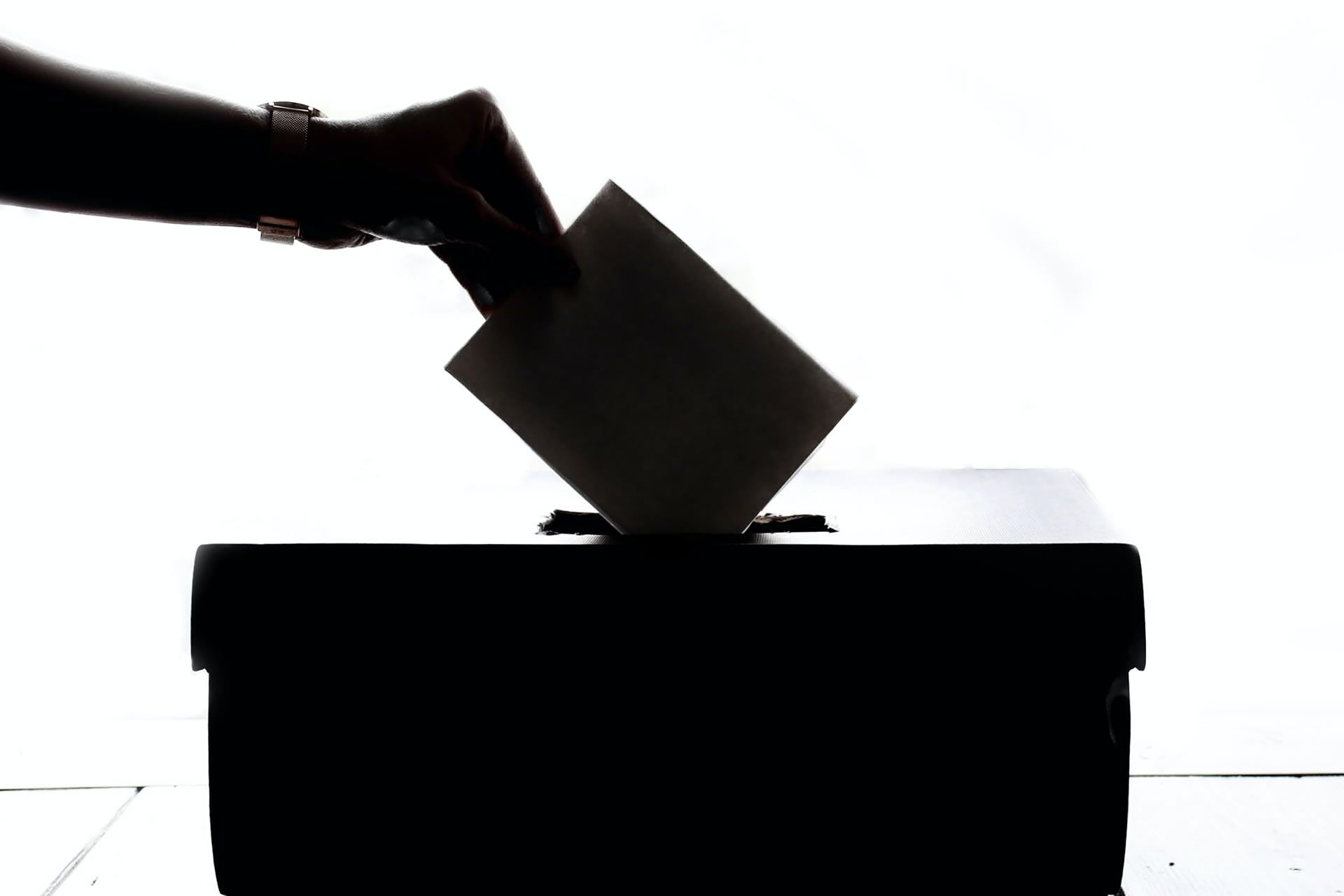I voted

One of my French students who recently acquired a French passport told me that he fulfilled his citizen’s duty and voted in the last French presidential elections. He was surprised though by the number of steps in the procedure.
Having been there myself I recollect the procedures. I must admit that at the time I did not pay much attention to them, being a normal routine: upon arrival ID is checked, voting booth and register page is given, gong to the voting booth, ID is checked again against the name in the relevant page of the register and is retained whilst you pick up voting slips that you take into the booth and insert the one with your selected candidate into an envelope. You take the envelope and drop it into the urn, the official declares ‘a voté’, you then go to the register and sign at the relevant place. Only then is the ID document returned to you and you are done.
I compare that with the voting at the local elections in the UK recently. You walk into the polling station towards three people behind a table. The first two will ask you to confirm your name and address, a mark is made against your name in the register of electors, your number is called out and entered next to the number of the ballot paper by the third person who will hand over the ballot paper so you can see the list of candidates. You then retire to the privacy of the voting booth to mark the ballot paper. When finished you fold the ballot paper and drop it in the ballot box.
Despite the similarities in both procedure, there is a fundamental difference that speaks volumes of the differences between the two cultures.
In France, partnerships are based on personal relationships. Because you don’t have a close personal relationship with the authorities, you must follow the rules established by a strong bureaucratic environment. Decisions are taken from above. Instructions are clear and detailed, and there is a strong logic in the progression from one step to the next, all of it supported by tangible proof.
Following the rule of law is a core value in Britain and all are expected to follow the rule book. That means following the spirit of the law as well as the letter of the law. Contributing to a successful working environment is the responsibility of each member of the group; consequently, conflicts and unpleasant situations are to be avoided. The Poll Clerk will trust you word; they will trust that you are who you say you are.
This is but one of many ways in which the two cultures differ. Learning about these differences, becoming aware of them, and accepting them is to move in the direction of fighting intolerance and bigotry.




